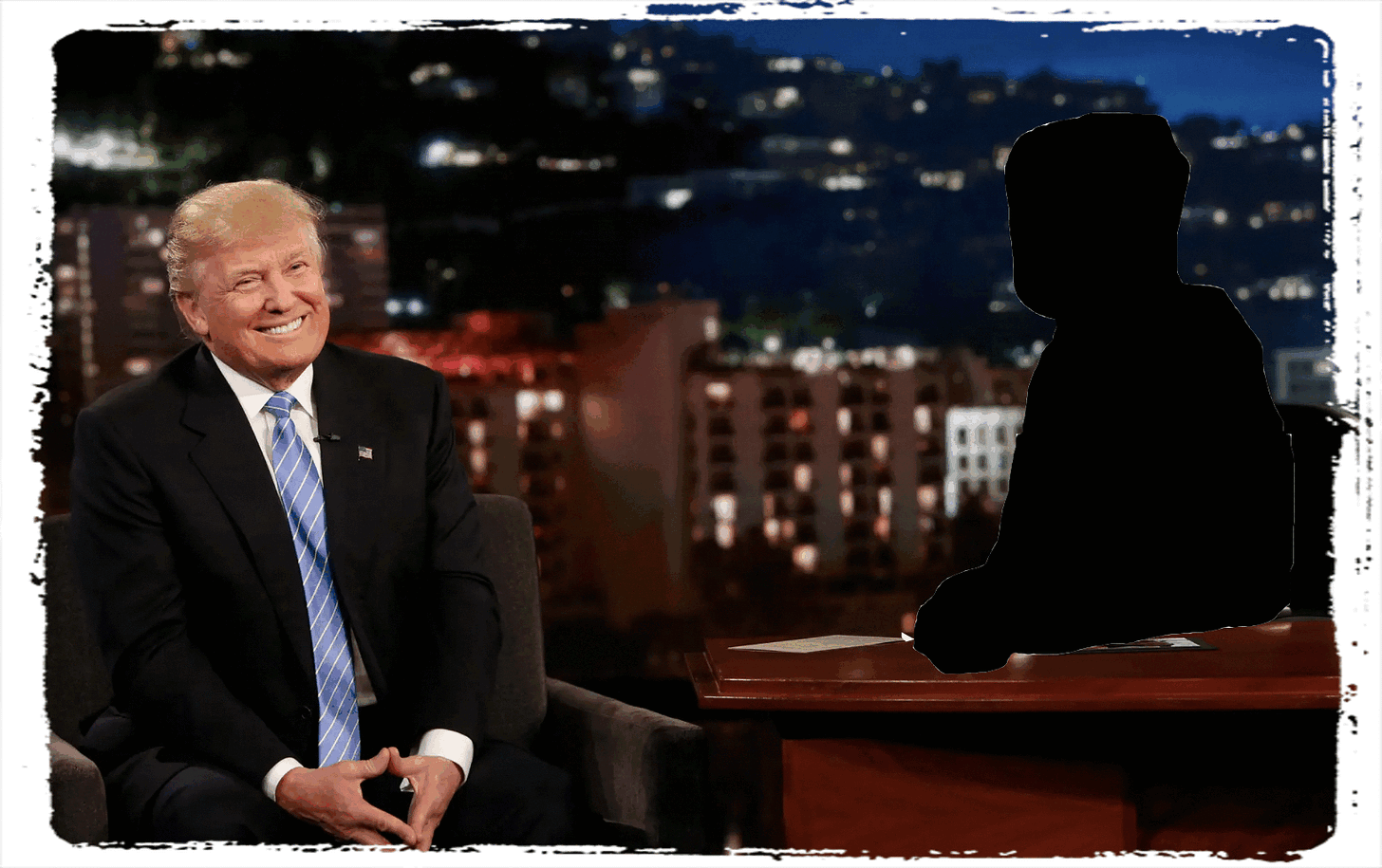ESSAY: What are you waiting for?
Twenty-first-century American authoritarianism is here. Too many Americans are waiting for irrelevant, outdated red lines
The other day, someone I know said to me, I don’t read the newspaper anymore, because it’s too depressing. This is an otherwise well-informed, morally committed person, someone with a deep belief in values of free expression, democracy, and human rights. I thought to myself, My, what a perfect authoritarian subject you are.
In the end, this is all they r…



